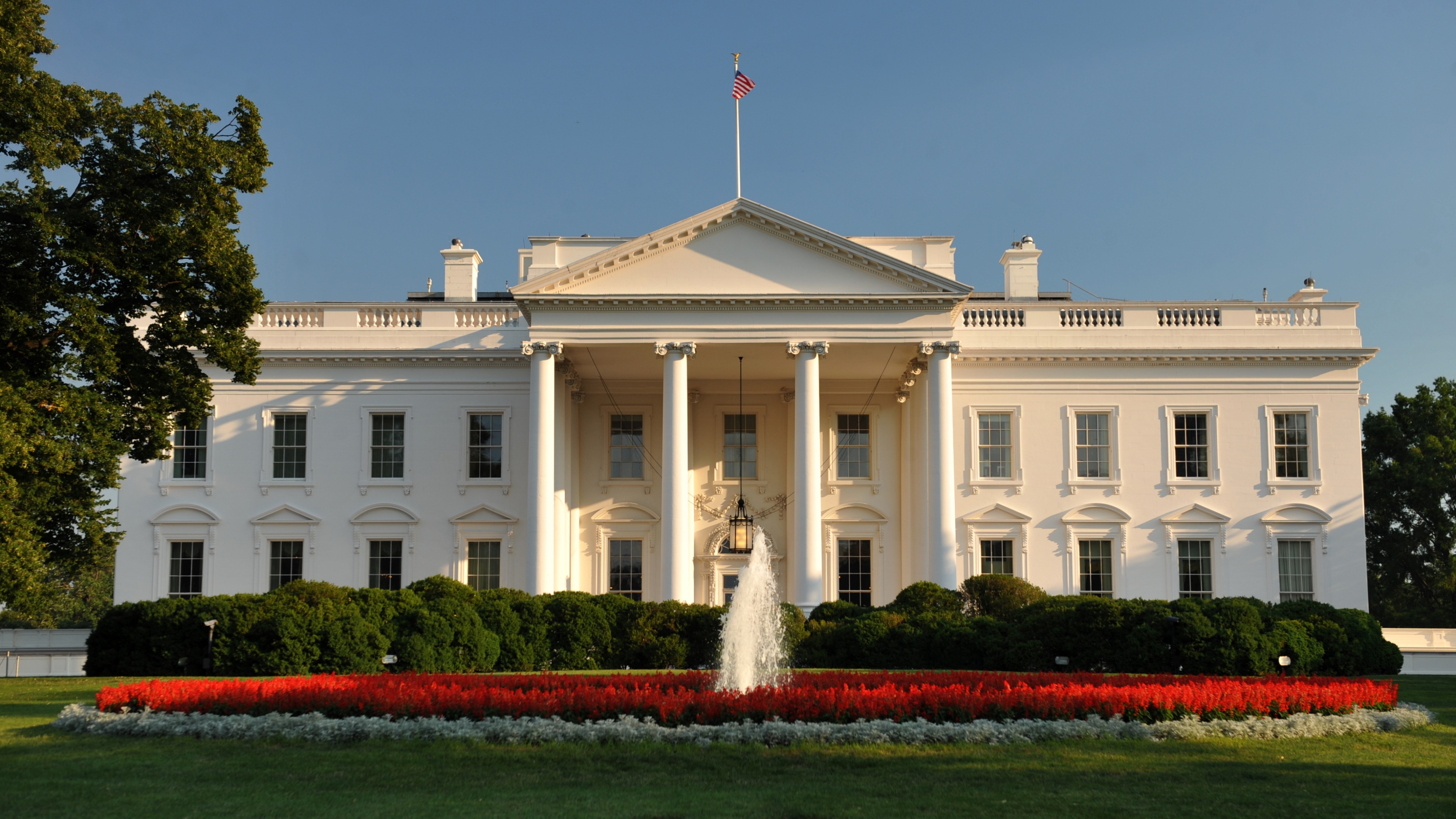The UK government has announced it will invest £121 million in quantum technology to address fraud, money laundering and crime.
In its announcement, made on World Quantum Day, the government said that the investment will ensure the UK is a “world-leader” in quantum.
The technology uses the properties of the universe’s smallest particles to build ultra-powerful computers and sensors.
Around £46.1 million of the investment will be made through Innovate UK to accelerate the deployment of quantum technology across a range of sectors, including computing, networking, PNT (position, navigation and timing) and sensing.
Some £21.1 million will go towards the work of the National Quantum Computing Centre, including their testbed programme with Innovate UK. The government said that with support from the Quantum Software Lab, this funding will find new ways in which quantum can improve the way we work and solve problems.
The National Physical Laboratory (NPL) will receive an investment of around £10.9 million for its quantum measurement programme to encourage more businesses to make full use of the technology.
The investment is part of the UK’s National Quantum Technologies Programme, which aims to get quantum technologies out of the lab and onto the marketplace.
“Quantum - manipulating the universe at its smallest scale - has the potential to save millions for our economy, create thousands of jobs and improve businesses across the country – stopping fraudsters in their tracks, protecting our bank accounts and more,” said secretary of state for science and technology Peter Kyle. “The UK is home to the second largest community of quantum businesses in the world and this investment means they can go further paving the way for new quantum tools and products that make our lives easier, fuel growth, and help us tackle the great challenges of our era.”
In July last year, the government announced a £106 million investment for five new quantum hubs in the UK which will focus on research in areas including healthcare, security and clean energy.
The hubs will focus on areas such as quantum-enhanced blood tests and faster MRI scanners, as well as new surgical interventions and treatments.
Additionally, the government opened a National Quantum Computing Centre (NQCC) last October to lead research into sectors including AI, energy and healthcare.
According to research from Economist Impact, quantum industry professionals are “overwhelmingly optimistic” that quantum utility will be achieved within the next decade, with 83 per cent of leaders predicting it will be achieved within 10 years. Of this figure, one third believe it will be reached within one to five years.
Latest News
-
Amazon says drone strikes hit Middle East data centres
-
O2 invests £700m in mobile network
-
Europe's ‘first’ payment made by AI agent conducted by Santander
-
OpenAI seals Pentagon AI deal with safety guardrails hours after Anthropic ban
-
Cybercrime increases in sophistication as hackers age, according to new research
-
Vodafone and Amazon team up to improve rural mobile connectivity in Europe and Africa
The future-ready CFO: Driving strategic growth and innovation
This National Technology News webinar sponsored by Sage will explore how CFOs can leverage their unique blend of financial acumen, technological savvy, and strategic mindset to foster cross-functional collaboration and shape overall company direction. Attendees will gain insights into breaking down operational silos, aligning goals across departments like IT, operations, HR, and marketing, and utilising technology to enable real-time data sharing and visibility.
The corporate roadmap to payment excellence: Keeping pace with emerging trends to maximise growth opportunities
In today's rapidly evolving finance and accounting landscape, one of the biggest challenges organisations face is attracting and retaining top talent. As automation and AI revolutionise the profession, finance teams require new skillsets centred on analysis, collaboration, and strategic thinking to drive sustainable competitive advantage.
© 2019 Perspective Publishing Privacy & Cookies




.png)






Recent Stories